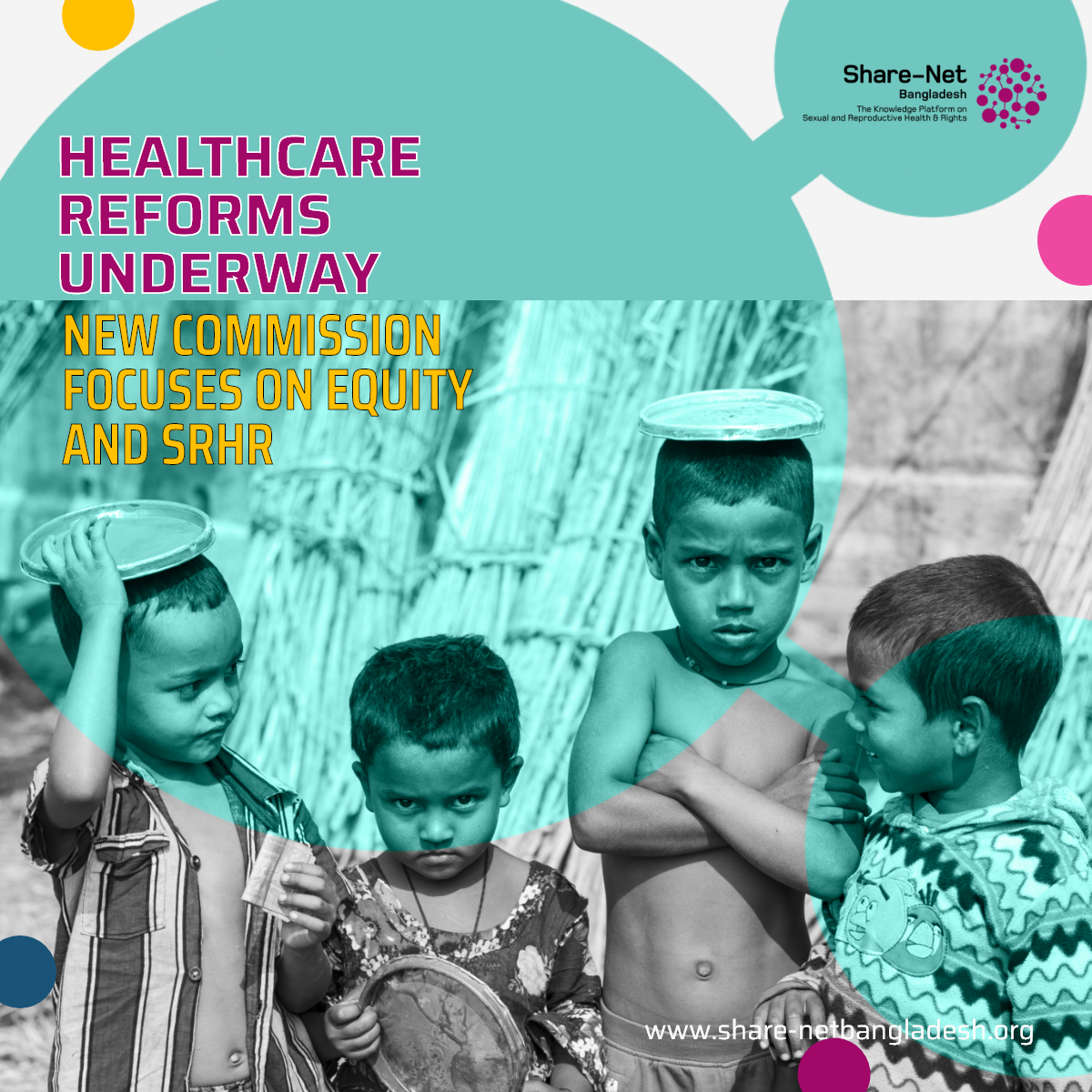Healthcare Reforms Underway: New Commission Focuses on Equity and SRHR
In a significant move to reform Bangladesh’s health sector, the government has established a Health Affairs Reform Commission, appointing Professor AK Azad Khan, President of the Bangladesh Diabetic Somiti (BADAS), as its chairperson. This commission is tasked with reviewing systemic challenges in the health sector, aiming to make healthcare more accessible and universal for all citizens.
The commission, which includes leading experts like Dr. Mohammad Zakir Hossain of Bangabandhu Sheikh Mujib Medical University and Dr. Naila Zaman Khan from Dhaka Shishu Hospital, will assess all aspects of the health system, including gaps in sexual and reproductive health rights (SRHR). With just 90 days to complete its work, the team will gather input from various stakeholders to recommend actionable reforms.
This initiative comes amid Bangladesh’s pressing healthcare challenges, such as high maternal mortality rates, limited access to sexual and reproductive health services, and inadequate health infrastructure. Experts believe that addressing these gaps is essential for ensuring universal healthcare and protecting fundamental rights.
“Bangladesh needs a stronger focus on reproductive health, particularly for women and adolescents,” said an official familiar with the initiative. “Comprehensive reforms can pave the way for better maternal health services and empower communities to access essential SRHR care.”
While this marks progress, critics highlight the need for robust implementation. Previous efforts at healthcare reform have faced challenges due to bureaucratic inertia and limited budgets. The inclusion of diverse voices, including fifth-year medical student Umayer Afif, has been praised, though some question whether the short timeline will allow for meaningful stakeholder engagement, especially in rural and underserved areas.
The Health Affairs Reform Commission is part of a broader reform agenda announced by the interim government. Alongside health, commissions on media, labor rights, and women’s affairs have also been formed to address systemic issues.
With SRHR integral to health equity, advocates hope the commission prioritises reforms that address unmet needs for contraception, safe childbirth, and youth-friendly health services. Investments in these areas are crucial to achieving Bangladesh’s Sustainable Development Goals (SDGs).
As the commission begins its work, all eyes are on its ability to deliver a comprehensive, actionable report that sets the foundation for a healthier, more equitable Bangladesh.
Source: Dhaka Tribune
Picture Credit: Musfique Alif/Unsplash

